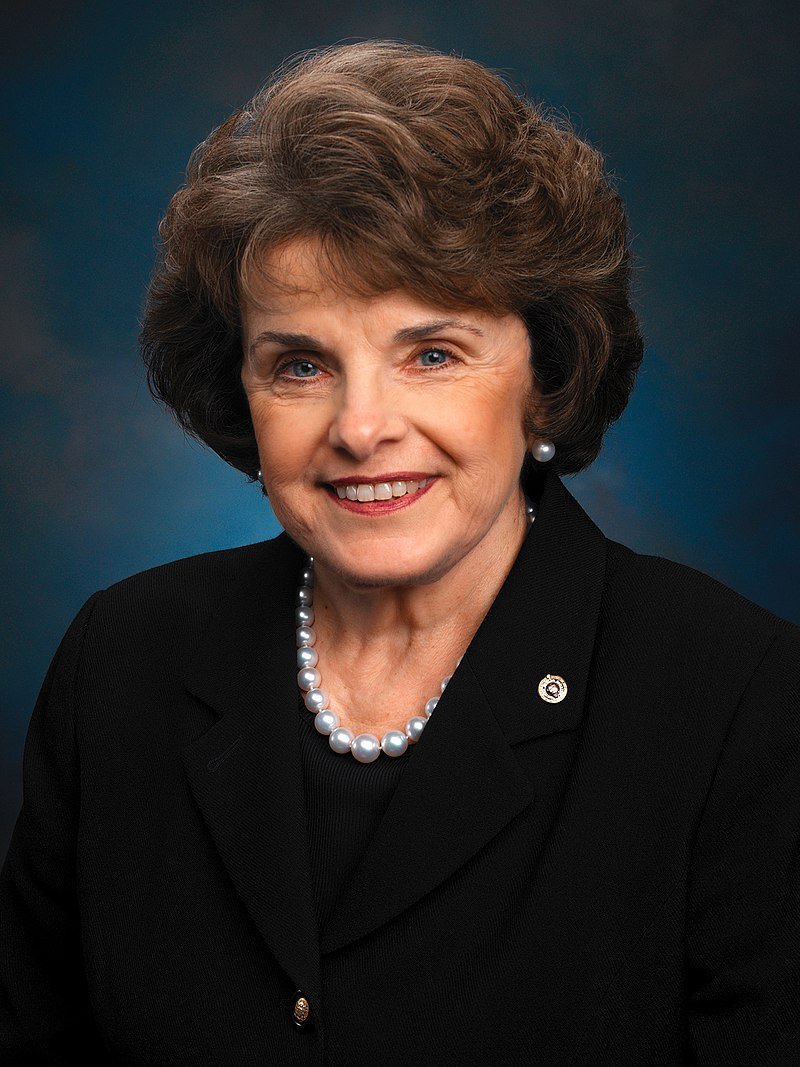On December 4, 1978, Dianne Feinstein made history by becoming the first female mayor of San Francisco. This milestone achievement came in the wake of a tragic event – the assassination of Mayor George Moscone. Feinstein’s ascendancy marked a pivotal moment in American politics, as she broke gender barriers in major city governance.
Dianne Feinstein’s leadership during her tenure as mayor of San Francisco was characterized by resilience and strength. She faced numerous challenges and crises, yet managed to steer the city through tumultuous times with determination and grace.
One of the most significant events that occurred during Feinstein’s mayoralty was the Jonestown Massacre. On November 18, 1978, more than 900 members of the Peoples Temple, led by Jim Jones, died in a mass murder-suicide in Guyana. Many of the victims were from San Francisco, and the tragedy had a profound impact on the city. Feinstein displayed strong leadership during this crisis, providing support and comfort to the affected families and working to ensure that such a tragedy would never happen again.
Tragedy struck again just a few weeks later, on November 27, 1978, when Mayor George Moscone and Supervisor Harvey Milk were assassinated at City Hall. This shocking event sent shockwaves through the city and the nation. Feinstein, who was President of the Board of Supervisors at the time, found herself thrust into the role of mayor. With determination and a sense of duty, she took on the responsibility of leading the city during this difficult time.
Feinstein’s leadership during the aftermath of the assassinations was remarkable. She worked tirelessly to bring stability and unity to a city in mourning. Her calm and composed demeanor helped reassure the citizens of San Francisco that their city would recover from this tragedy.
As mayor, Feinstein implemented several important initiatives that had a lasting impact on the city. She focused on improving public safety and reducing crime rates, implementing policies that targeted drug trafficking and gang violence. Feinstein also prioritized economic development, attracting businesses and investment to San Francisco, which helped stimulate the city’s growth.
Feinstein’s tenure as mayor of San Francisco laid the foundation for her future political career. Her successful leadership during a time of crisis garnered national attention and respect. In 1992, she was elected as a U.S. Senator, representing California. Feinstein has since become one of the most influential and longest-serving senators in American history.
The historic significance of Dianne Feinstein’s mayoralty in 1978 cannot be overstated. Her election as the first female mayor of San Francisco shattered gender barriers and paved the way for future generations of women in politics. Feinstein’s resilience and strength in the face of adversity set an example for leaders everywhere.
Today, Dianne Feinstein’s legacy as mayor of San Francisco continues to inspire and resonate. Her leadership during a time of crisis, her commitment to public service, and her dedication to breaking barriers have left an indelible mark on American politics.
SEO Excerpt:
On December 4, 1978, Dianne Feinstein made history by becoming the first female mayor of San Francisco, following the assassination of Mayor George Moscone. Her ascendancy marked a pivotal moment in American politics, breaking gender barriers in major city governance. Feinstein’s leadership during a tumultuous time, which included the aftermath of the Jonestown Massacre and the assassinations of Moscone and Supervisor Harvey Milk, was notable for its resilience and strength. She later became a significant figure in national politics, serving as a U.S. Senator.
External References:
- Dianne Feinstein’s remarkable rise to power
- Dianne Feinstein – Britannica
- Dianne Feinstein – History.com

